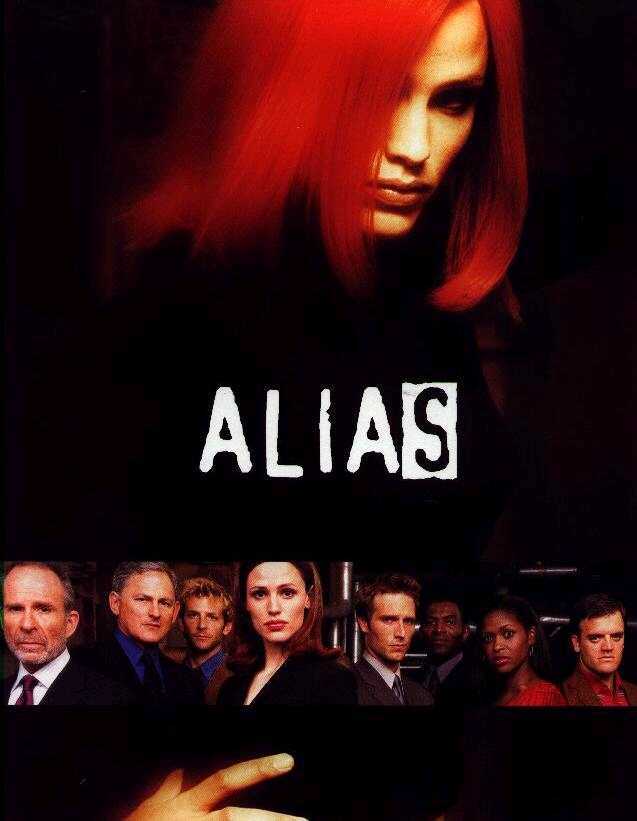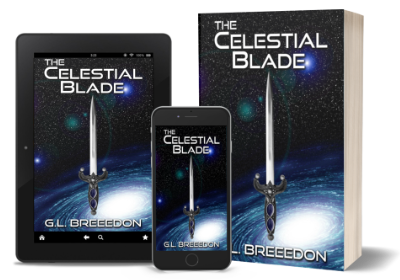Storytelling is not easy. I know this because I see and read bad story telling all the time. It’s no easy task to create an interesting idea with an exciting plot and engaging characters. I’ve decided that a fun blog post might be listing off the things I’ve learned from the well written stories I’ve read and watched lately. It might even be something I do regularly.
(It probably goes without saying, but spoilers will follow)
Things I Learned Watching Alias
- If your story has a central character – make sure your character stays central to your story. My wife and I recently discovered Alias and Netflix. We watched all five seasons in a little over a month. Yes, we enjoy binge viewing. I found that, while having subplots for the secondary characters was enjoyable, the more the story drifted from Sydney, the less fun and engaging the overall story tended to be. This was especially true in the final season where new characters were introduced and ate up too much screen time. I realize the writers needed to work around Jennifer Garner being pregnant, but they could have taken a few lessons from The X-Files episodes where Gillian Anderson was pregnant. Just because she can’t do the fight scenes doesn’t mean you need to find a stand in. Let it be an opportunity for her character to do other things. Lesson: Know who your story is about and keep it that way unless there is a good reason to change the character focus.
- Make sure your McGuffin (or central mystery) has a real pay off – and that it doesn’t stretch believability too far. The whole Rambaldi stuff annoyed me. I found that the episodes that dealt with real world issues (WMDs, terrorists, etc.) were much more engaging than all of the Rambaldi storylines. And I would normally love this kind of thing. But it’s like too much ice cream. A cone worth is tasty, a quart can make you sick. Most annoying was the gut feeling that none of it mattered because the central question of Rambaldi (how this guy could invent/channel all this science and technology 500 years ago) was going to remain unanswered. The quest was always about finding another Rambaldi artifact rather than finding out who Rambaldi was and how he did these amazing things. To me, the man Rambaldi was more interesting than the artifacts he created, much in the way Da Vinci the man will always be more interesting than his art and inventions. To me at least. Lesson: McGuffins can have a nasty bite if note feed properly.
- A single central mystery McGuffin for a story series needs to be large enough to last the entire story cycle if it is going to be the main focus. Oh how I hoped with the beginning of each season that the Rambaldi storyline would be forgotten. But no. It kept coming back like a bad basement mold. A convenient crutch so the characters would have one more quest to go on, one more artifact to obtain, like some endless video game. Lesson: McGuffins can die if not fed properly.
- Don’t be afraid to kill off the villain and get a new one. There was no reason to keep Sloan along as the villain for all those seasons. Shifting loyalties are interesting to explore in a series. For instance, I love how the writers of Farscape dealt with the changing motivations and loyalties of Craise and Scorpius. With Sloan however, there was the added problem of believability. The CIA would never let him run an operation. He would always pose a security risk. And I could never believe that Sydney would be in the same room as Sloan after DS6 was taken down. But the real problem is that since his main motivation was Rambaldi, he never really felt threatening enough. Self-interested, yes. Dangerous, yes. But he always seemed more like a deranged art collector willing to kill for the final piece for his collection. Lesson: If your villain stops being interesting your heroine will stop being interesting as well.
Things I Learned Watching The Walking Dead and Revolution
- The writers of Revolution should spend more time watching The Walking Dead. I know, that’s a bit snarky. Actually, the writers of Revolution should spend more time reading S.M. Stirling’s Dies the Fire and Emberverse books. The lesson being that writing a show around a mystery is very hard to do. Lost is a clear success but there are many failures (The Event, Flashforward, etc.). The reason that Lost succeeded (or at least got renewed long enough to finish its story) is because the mystery was wrapped up with the character development. It’s hard to care about the answer to a mystery, but it’s easy to care about characters. Which is why I enjoy The Walking Dead. There isn’t much emphasis on the mystery of why zombies have taken over the world. That’s not as important as what is happening to the people who are trying to survive the zombie apocalypse. Lesson: Mystery is great for hooking the audience, but to keep them engaged you need engaging characters with struggles people care about.
- As a side note, I think this is why many people were unsatisfied with the ending of Lost. The writers made two mistakes. First, they gave too much emphasis to the mysteries, so some people thought they were watching a show about mysteries and not characters. And second, they let people think they were watching a show with mysteries that would have science fiction answers rather than mystical-fantasy answers. Lesson: Be clear what kind of story you are telling.
Things I Learned Reading The Twelve
- Flashback are not easy. Justine Cronin is very good at writing flashbacks. But he does’t call them that. Instead he writes his flashbacks as a 180 page prologue. Which sort of works, but distances us from the characters in the future who we have been waiting to spend time with since the end of The Passage. That novel also had a long prologue (300 pages) set at the end of the world rather than 90 years later where the rest of the novel takes place. In The Twelve, he also has us spend a lot of time with characters in the past who will end up dead and who will not be tied to the story in the future. Which makes me wonder why I spend 100 pages reading about them. Lesson: If you want to keep people engaged in the story and characters, cut between the individual stories, past and present, more frequently. And make sure it’s clear why you are telling a character’s story, especially if they end up dead and we never see them again.
That’s enough for now. Hopefully I can actually take these lessons to heart and make my own storytelling stronger.




